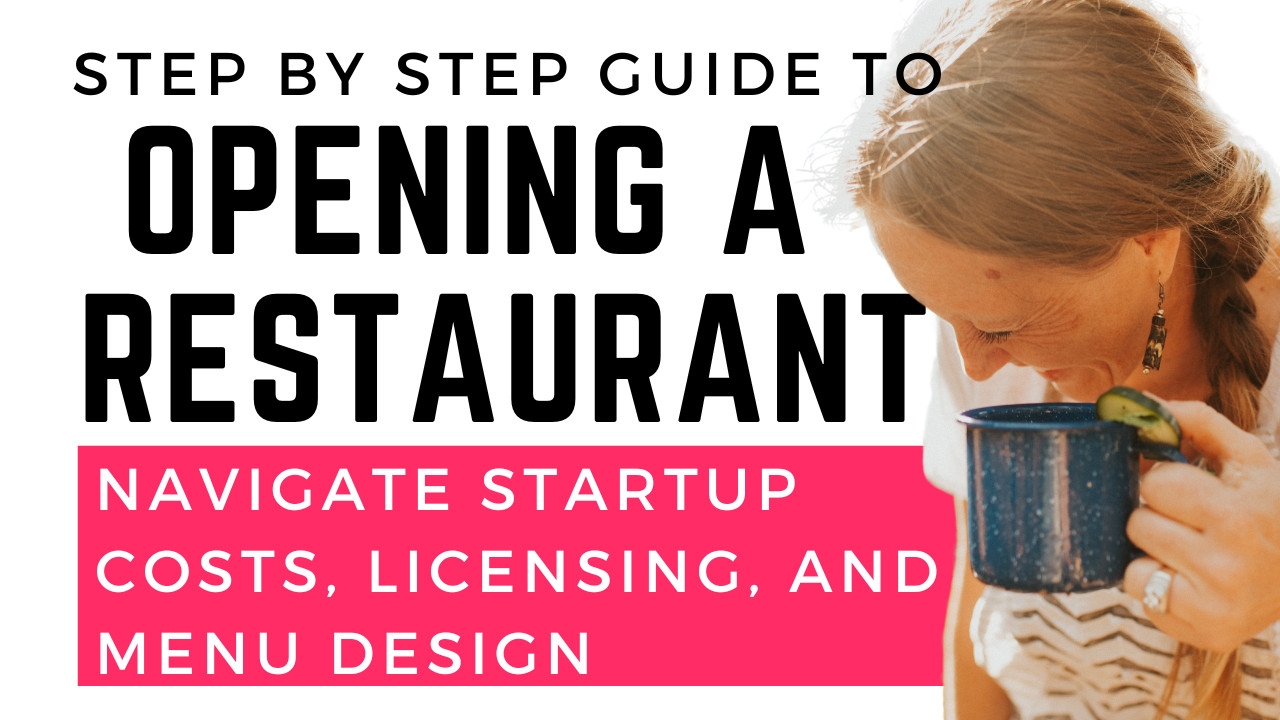
I'm a creative and entrepreneurial spirit at heart. I've founded 3 businesses (2 of which were immersed in food and hospitality + this one! The Entrepreneurial Spirit, where I'm teaching people like you how to grow, innovate and scale your businesses).
My journey began in the kitchen, where I honed my skills and developed a deep love for this craft. However, I soon realized that running a successful food business required more than just culinary talent—it demanded the knowledge of business development, strategic planning, and leadership skills.
Over the years, I’ve transformed my own ventures into a thriving, self-managing business. Now, my mission is to help fellow food entrepreneurs achieve the same level of success. I understand the challenges you face, from managing day-to-day operations to cash flow, scaling your business and ensuring long-term profitability.
I met with a friend last week. She was inspired to start her own business in the beverage world. This post is for her :)
To add to this, I've started a community for food industry entrepreneurs who are passionate about achieving financial freedom and taking their businesses to the next level. You can join here, and yes it's free :)
Our community is dedicated to culinary entrepreneurs to achieve sustainable business success and financial freedom.
Things you'll gain:
➡️Take charge of your financial future with confidence.
➡️Transform your culinary skills into a successful, sustainable business.
➡️Gain valuable insights and learn how to build a self managing business.
BUT, you didn't come here for that- you came here to get the steps you need to start your business. So here ya go! xoxo
1. Conduct Market Research
Before diving into the logistics of opening your food business, it’s crucial to conduct thorough market research. How do you do that?
- Identify Your Target Market: Who are your potential customers? Consider demographics such as age, income, lifestyle, and dining preferences. (KEY TAKEAWAY, you're researching the potential people in your area, not necessarily who you HOPE will be your customer).
- You probably wouldn't want to open up a hip hop store in a community of 90 year old retirees in Florida. If you had a store front & you set up shop next door to a retirement home- my guess is, it probably wouldn't do to well. Why? Because it's not the right demographic for your product.
- You probably wouldn't want to open up a hip hop store in a community of 90 year old retirees in Florida. If you had a store front & you set up shop next door to a retirement home- my guess is, it probably wouldn't do to well. Why? Because it's not the right demographic for your product.
- Analyze the Competition: Look at other restaurants, cafes, or food trucks in your area. What are they doing well? Where are they lacking? How can you differentiate your business?
- If you've got an idea for a restaurant or cafe, before you open your doors, take a look at how your neighbors are doing. Are they thriving? Is it a sleepy town? Are the businesses (even if they aren't in food and beverage) flourishing or barely holding on?
2. Develop a Business Plan
What's your plan, Stan? You need goals, strategies, and financial projections. If you're the artist, find someone who can help you with this. It's not enough to have a great idea. You need solid financial literacy to back it up.
THE BIGGIES ARE:
- Market Analysis: Insights from your market research.
- Marketing and Sales Strategy: How you plan to attract and retain customers.
- Financial Projections: Revenue forecasts, expense estimates, and funding needs.
Of course there are more components to a serious business plan, especially if you're looking for investors or need to take out a loan, but these 3 are CRITICAL.
3. Choose Your Location
The location of your restaurant, cafe, or food truck is a make or break situation. You can have the best food in the world, but if people can't find you or get to your location, it's a no go.
- Restaurants and Cafes: High traffic is awesome, but make sure it's traffic for what you're providing. You probably wouldn't want to open a bar in a school zone, or a new restaurant on a street with 10 other restaurants.
- Food Trucks: Identify popular spots where food trucks are allowed, such as business parks, festivals, or farmers' markets. Research local regulations and permits required for operating in these areas.
4. Create a Memorable Brand
Your brand is more than just your logo and name—it’s the experience you offer to your customers- and if you're like many chefs and small business owners- you are your brand.
- Name and Logo: Choose a name that reflects your concept and is easy to remember. Design a professional logo that conveys your brand’s personality.
- Brand Voice: Define how you communicate with your customers through your marketing materials, social media, and in-person interactions.
- Interior Design and Ambiance: Create an inviting atmosphere that aligns with your brand. Consider the layout, decor, lighting, and music.
5. Plan Your Menu
Your menu is at the heart of your food business. Develop a menu that showcases your style but remember, it needs to be geared specifically towards your customers. If you're cooking up fancy fine dining menus that are at a $175 price point, in a po-dunk mountain town in Appalachia- chances are- you aren't writing that menu for your target demographic.
- Signature Dishes: Include unique, standout items that customers can’t find elsewhere. Be sure to get feedback from your customers and add a dish you know they'll love.
- Menu Variety: If I could offer you 1 bit of advice, this would be it: LESS IS MORE! Offer a balanced selection of appetizers, main courses, desserts, and beverages and please take into consideration food allergies / dietary restrictions. Your customers are going to tell you what they want.
- Costing and Pricing: Calculate food costs and set prices that ensure profitability - but keep your demographic in mind. It's a delicate dance between profitability & affordability for your customer.
6. Obtain Necessary Permits and Licenses
My number one piece of advice for anyone starting out, on a shoestring budget would be: How much can you do with what you've got? Don't have the financial resources to start a brick n mortar? Can you get permitting for a cottage license? Can you tailor your business to fit where you're at so you're not cutting corners and doing everything on the up and up, simultaneously, not putting yourself in massive amounts of debt & leveraging your whole life savings to chase a dream? Here are 4 things you MUST HAVE. Don't mess around and cut corners on the 4 things below. Your business depends on it.
- Business License: Register your business with the local government.
- Food Service License: Obtain a permit from the health department to prepare and serve food.
- Alcohol License: If you plan to serve alcohol, apply for a liquor license.
- Food Handler’s Permit: Ensure all staff members have the required food safety training.
7. Set Up Your Operations
It's hard to set up your operations when you're working alone. Once you hire employees however, you'll need systems and operations. I know it doesn't make sense now, but trust me, you'll need order in your business if you want happy employees.
Here's a list of a few things you can start mulling over as you begin your journey.
Here's a list of a few things you can start mulling over as you begin your journey.
- Kitchen Equipment: Invest in high-quality kitchen appliances and tools.
- Suppliers and Inventory: Establish relationships with reliable suppliers and set up an efficient inventory management system.
- Staffing: Hire skilled and experienced staff, including chefs, servers, and managers. Provide comprehensive training to ensure consistent service quality.
8. Market Your Business
Marketing is where it's at. Have you seen what I've been doing to build this new business? I've been implementing marketing strategies to engage you and make you aware of this new lil business I'm starting. Blogging, newsletters, social media campaigns, 1:1 meetings to pitch a concept, networking, brocheures and tastings are all things you can do to start marketing your concept.
- Online Presence: Create a professional website, engage with customers on social media, and list your business on online directories.
- Local Marketing: Use flyers, local newspapers, and community events to promote your business.
- Promotions and Specials: Offer discounts, loyalty programs, and special events to draw in customers.
9. Prepare for YOUR LAUNCH
Whether you're doing a launch for a new product on-line or doing a grand opening in your new storefront- this is your chance to make a strong first impression.
Here’s how to ensure it’s a success:
Here’s how to ensure it’s a success:
- Soft Opening: Consider hosting a soft opening for friends and family to test your operations and gather feedback.
- Marketing Blitz: Ramp up your marketing efforts leading up to the opening day. Use social media, email campaigns, and local media to generate buzz.
- Customer Experience: Pay attention to every detail, from the quality of your food to the friendliness of your staff. Ensure that every customer leaves with a positive impression.
TO TIE IT ALL UP WITH A BOW
Congratulations on deciding to start your own gig. You'll never regret it. There's no cap to the money you can make, there's no ceiling to your success and you get to be your own boss. What does all that equal???? FREEDOM! Boom!
By following these steps and carving your own path, you can build a successful food business that stands out in the market place.
Remember, you don't need to re-invent the wheel. You just need to provide a solution to a problem for your guests. The key is to come up with ways to do things better & faster than they've been done before. Do you make the best chocolate chip cookie in the world? Great! What makes it better than the others? Do you have a new fast food restaurant concept you want to launch? How's it going to enhance the overall experience for the customer? Do you have better technology, faster service, better ingredients, a more streamlined process?
The journey of entrepreneurship is filled with challenges and learning opportunities.
If I could offer you 1 reminder about this process- it would be this:
We succeed by failing.
Don't give up on your dreams because you're afraid to fail. The only way you're going to win is by making mistakes.
Stay motivated, seek advice from a mentor, and embrace every lesson as an opportunity.
Until next time, Keep it real on the home front xoxo

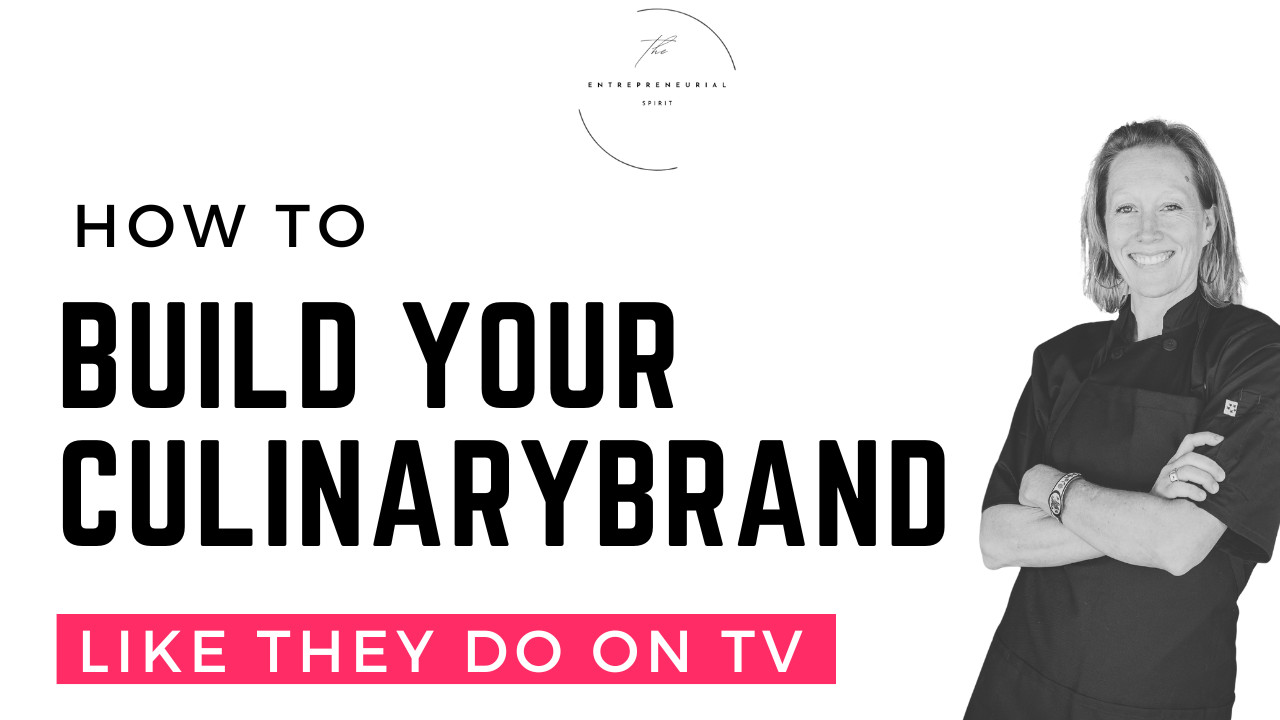
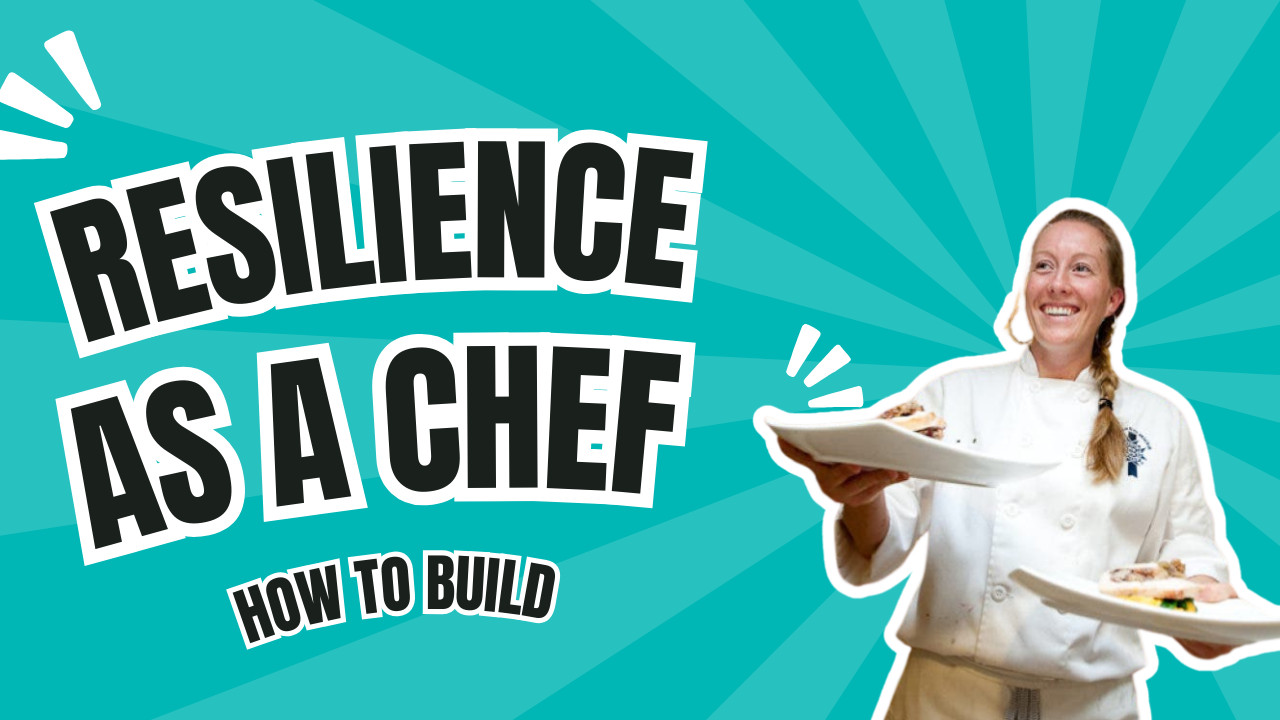

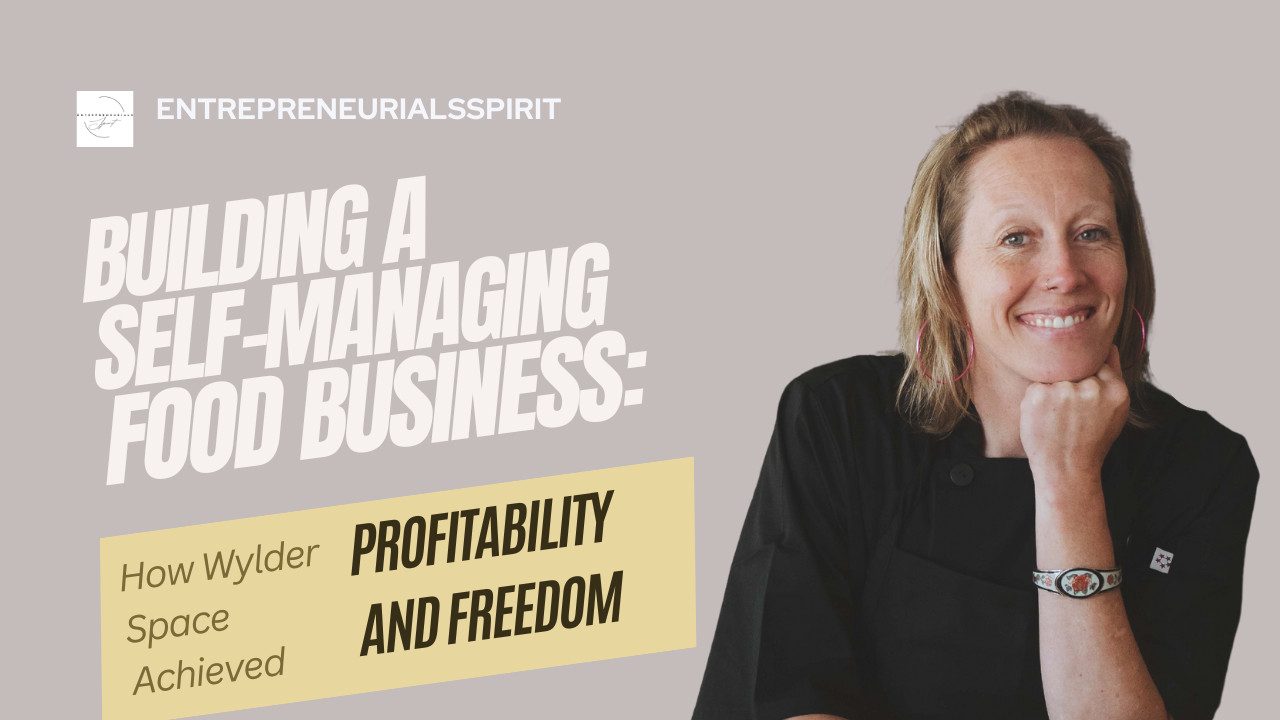
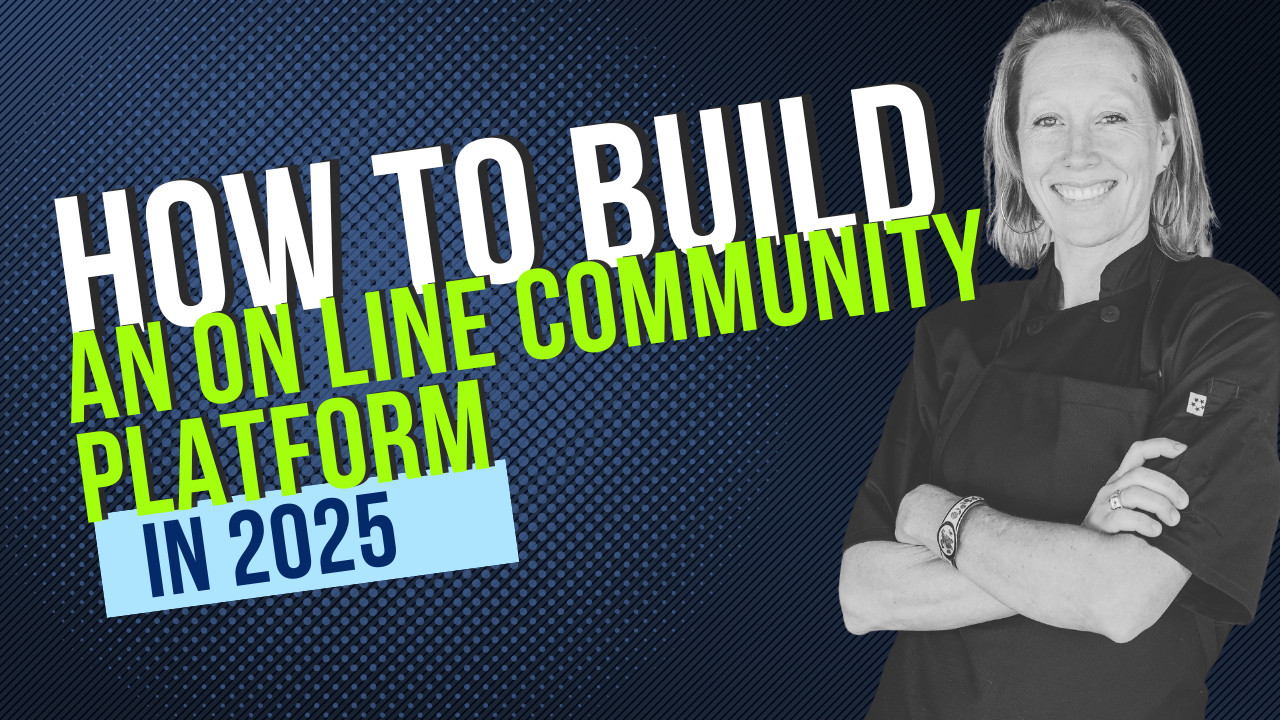
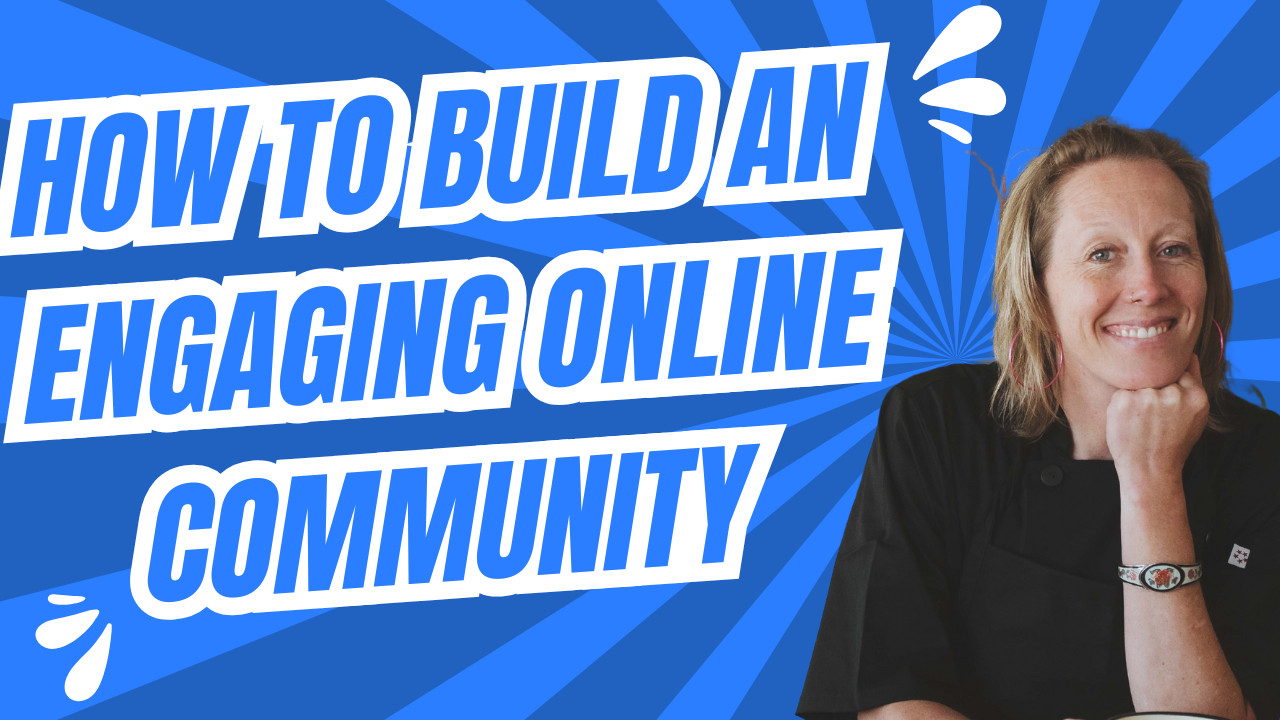
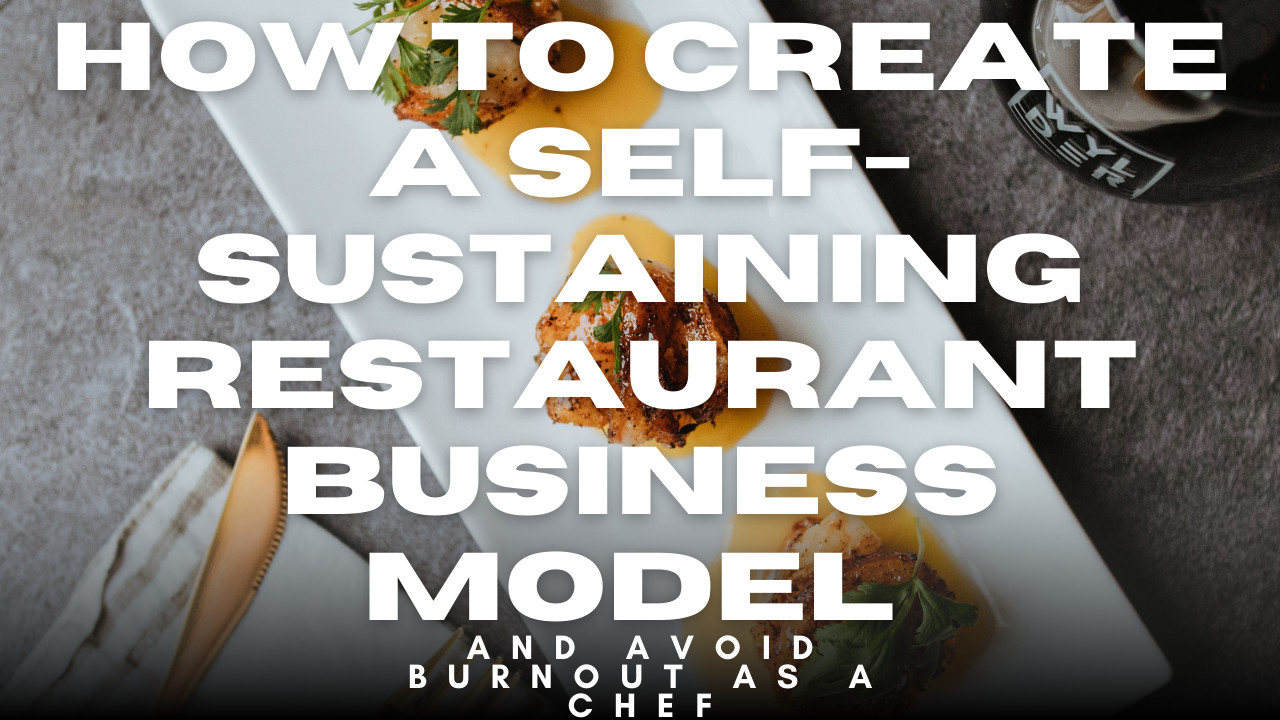
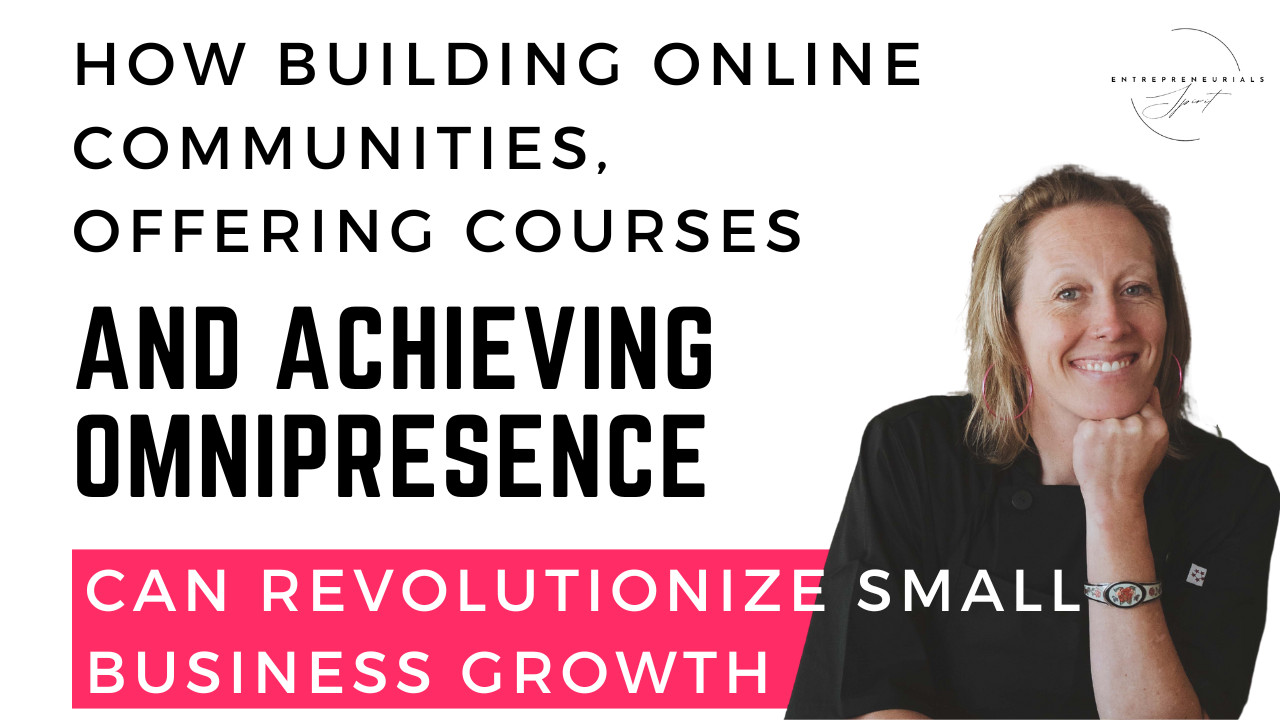
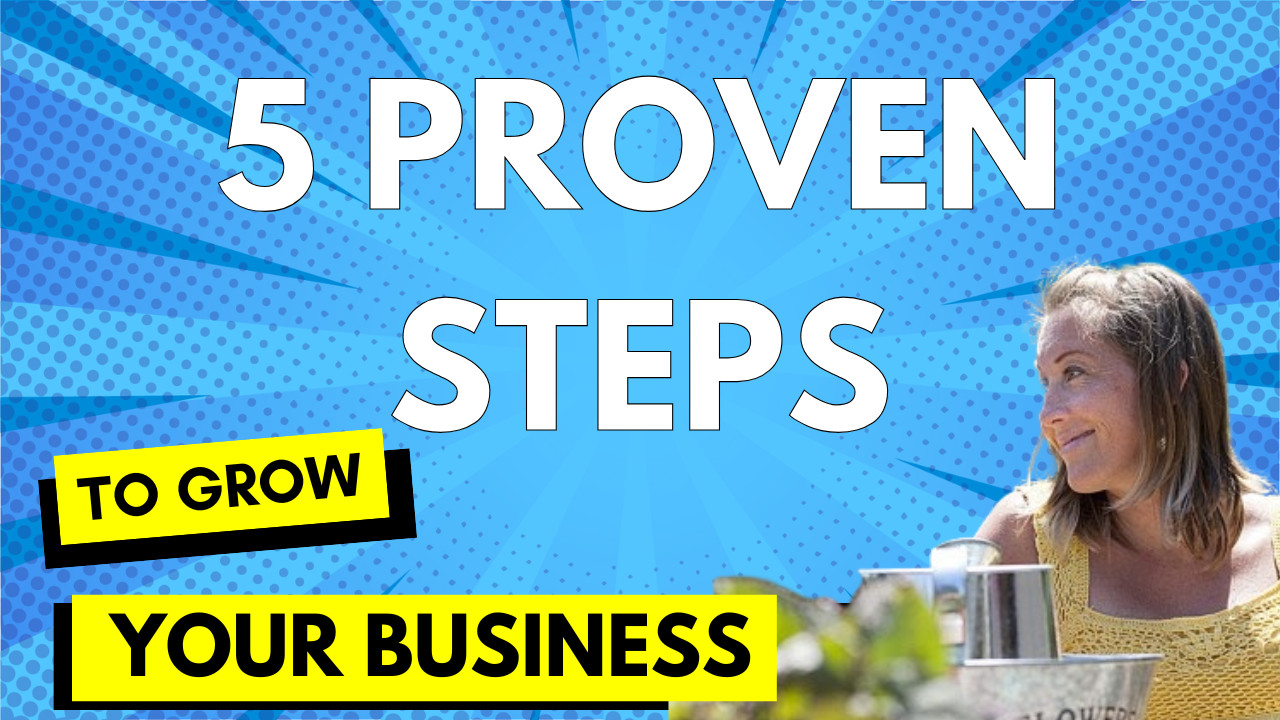





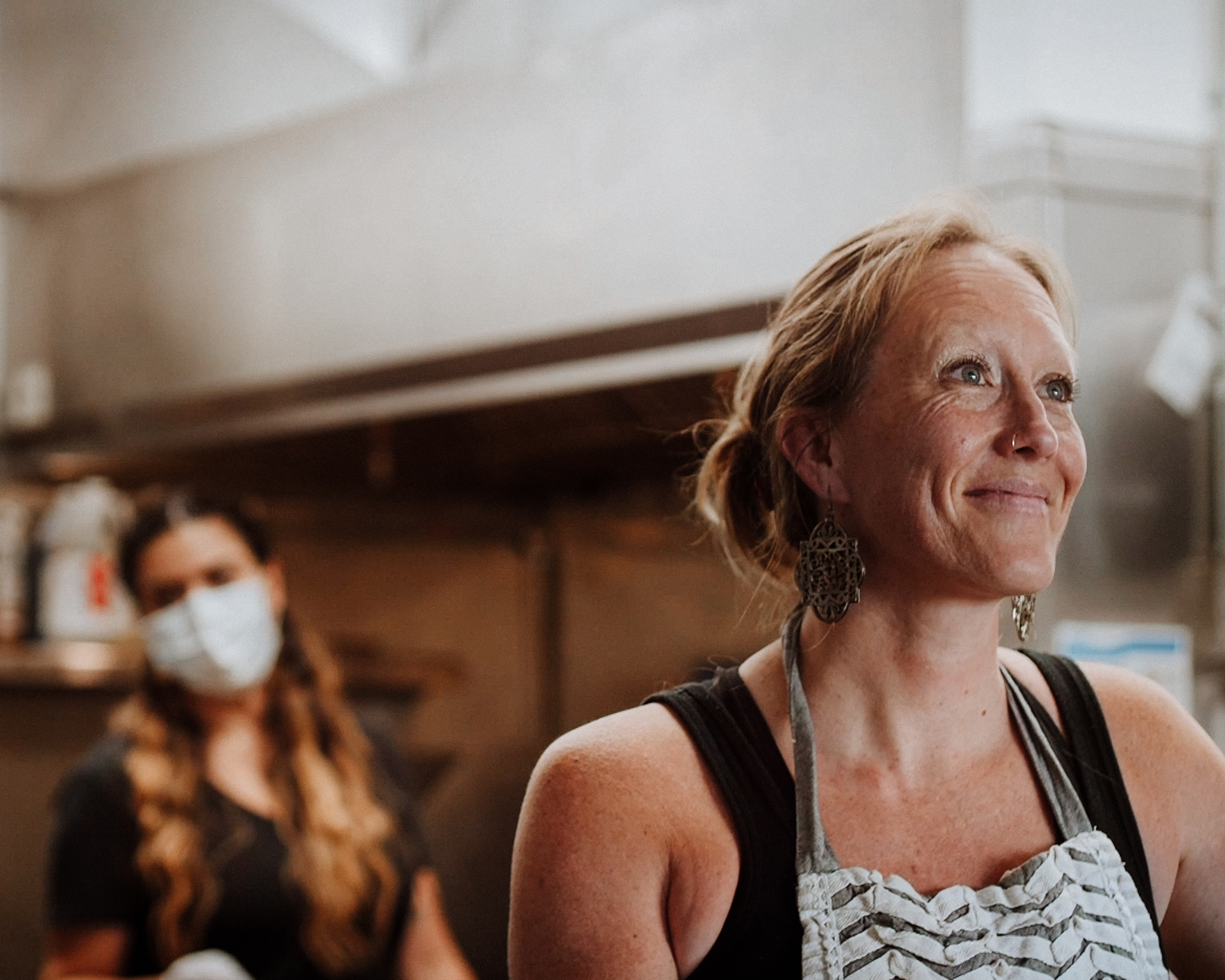
0 Comments